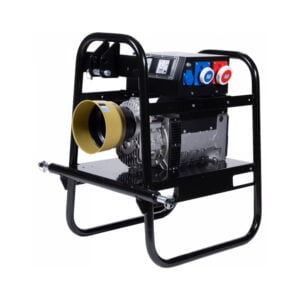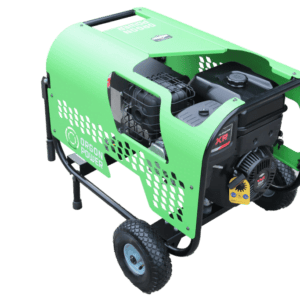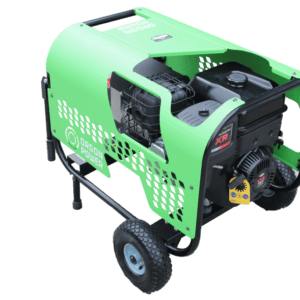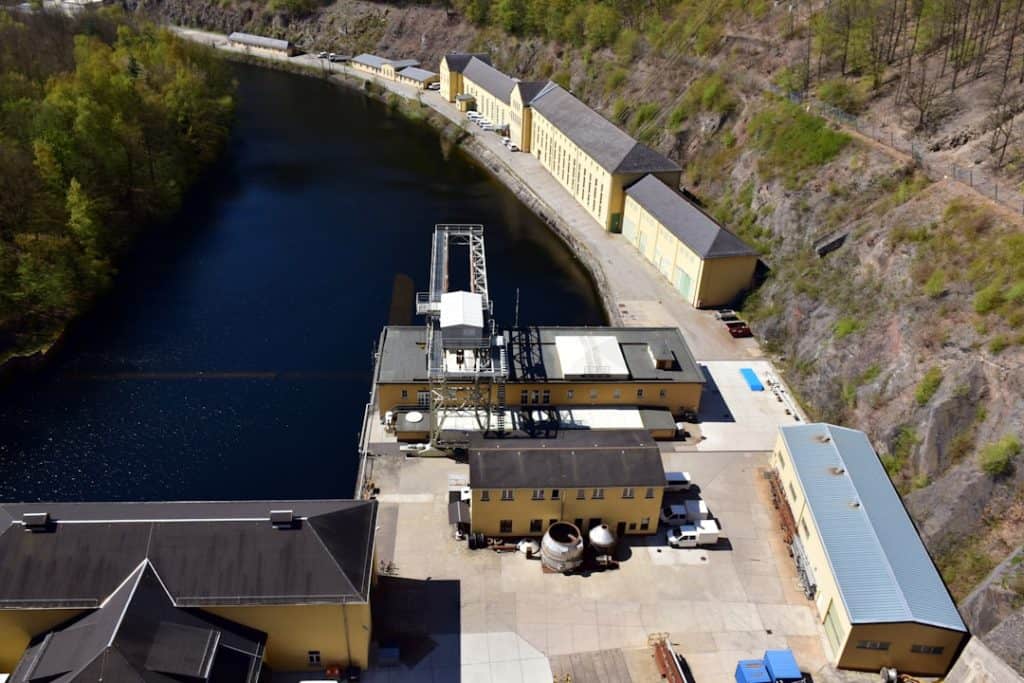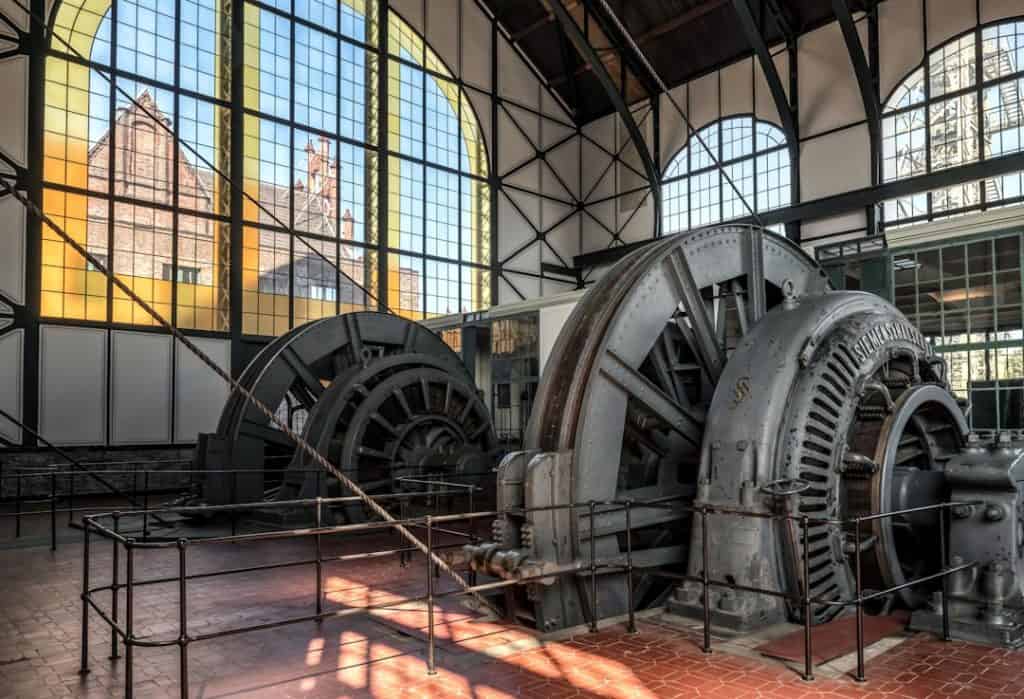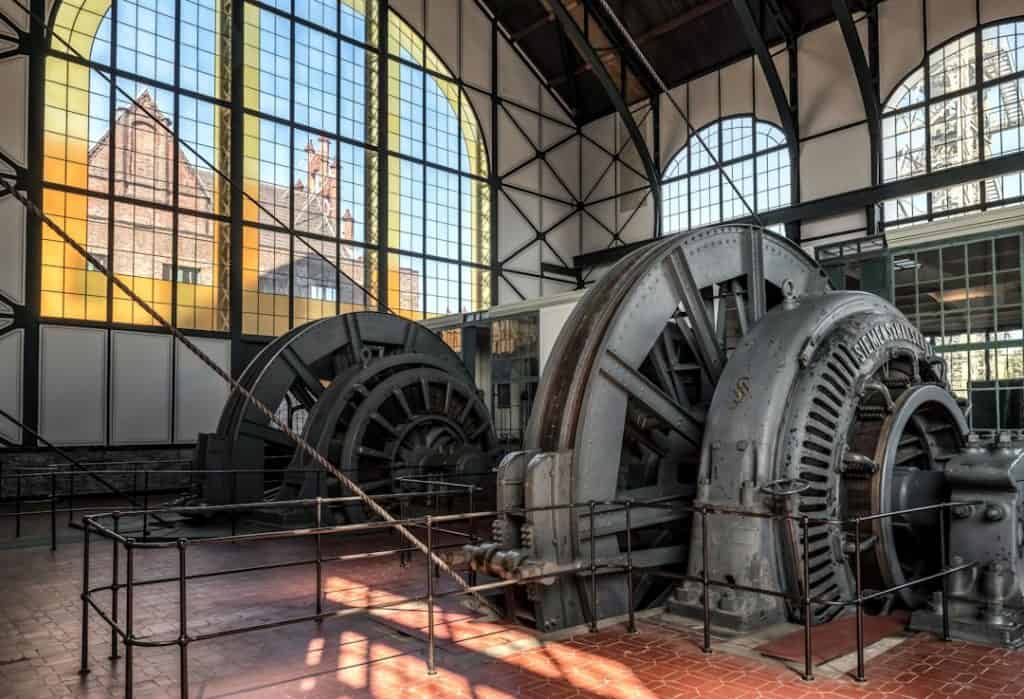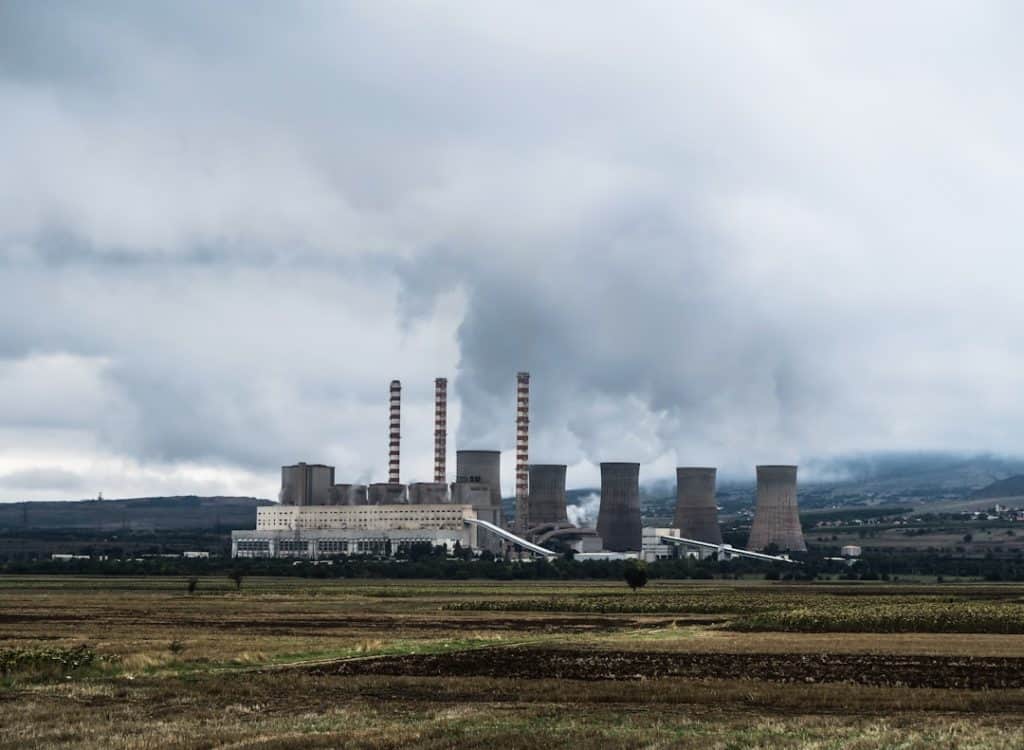Professional power generators are key elements in the industrial sector. They ensure an uninterrupted supply of electricity in the event of an interruption in the main power grid. These devices are essential to maintain production and business continuity, especially in industries where continuous operation is vital.
Generators for electricity have multiple applications in various industrial branches. In construction, mining and telecommunications, where there is often no access to the electricity grid, gensets provide power for tools, machinery and lighting. This increases worker safety and maintains workplace productivity.
The reliability and efficiency of aggregates are key factors in their selection. Quality aggregates reduce the risk of production downtime and potential financial losses. They also contribute to worker safety and equipment protection in an industrial environment.
Industrial sectors must have access to reliable generators for electricity in order to ensure business continuity even in emergency situations. These devices are a necessary investment to maintain competitiveness and efficiency in the modern industrial environment.
Key Takeaways
- Professional power generators are essential for industry
- Criteria for choosing a professional generator include power, reliability and efficiency
- Power and capacity of aggregates should correspond to the needs of industrial equipment
- Portability and mobility of aggregates are important for flexibility in use
- Fuel and aggregate efficiency should be optimal in order to reduce costs and protect the environment
Criteria for choosing a professional generator for electricity
When choosing a professional power generator, there are several key criteria to consider to ensure that the selected generator is adequate for the specific needs of the industry. First, the power and capacity of the generator are essential. It is necessary to carefully assess the power and capacity of the generator that will be required by industrial operations to ensure that the generator will be able to meet the electricity needs.
It is also important to consider whether the generator will be used as the main source of electricity or as a backup source in the event of a mains power outage. Portability and mobility are also important criteria when choosing a professional power generator. Industrial plants often require gensets that can be easily moved from one place to another, especially when working in the field or at different locations.
Therefore, it is important to choose an aggregate that is portable and mobile in order to allow flexibility in use.
Power and capacity of aggregates

The power and capacity of a professional power generator are key factors to consider when choosing the right generator for industrial needs. Power is usually measured in kilowatts (kW) or kilovolts (kVA) and represents the maximum amount of electricity a generator can produce. Capacity refers to the total amount of fuel that the generator can hold and the time it runs at full load.
When it comes to industrial needs, it is important to choose a generator with sufficient power and capacity that will be able to meet the needs of electricity during work operations. For example, larger industrial machinery and tools require more power, while smaller tools and lighting may require less power. It is also important to consider whether the generator will be used as the main source of electricity or as a backup source in the event of a mains power outage.
In both cases, the power and capacity of the aggregates should be sufficient to support all required operations.
Portability and mobility of aggregates
| Aggregate type | Portability | Mobility |
|---|---|---|
| Aggregate with wheels | Tall | Tall |
| Portable aggregate | Medium | Tall |
| Unit with handle | Low | Tall |
Portability and mobility are key factors when choosing a professional power generator, especially in industrial sectors where work takes place in different locations or in the field. Portability refers to the ability to easily move aggregates from one place to another, while mobility implies the ability of aggregates to move easily on different terrains and surfaces. Industrial plants often require gensets that are portable and mobile to allow flexibility in use.
For example, construction companies often use gensets on different construction sites where the power grid is not available, so it is important that the gensets are easy to transport and set up in different locations. It is also important to consider the field conditions where the aggregate will be used to ensure that it is mobile and capable of moving on different surfaces.
Fuel and aggregate efficiency
Fuel and efficiency are key factors when choosing a professional power generator because they directly affect the operating costs and maintenance of the generator. There are different types of fuel used to drive generator sets, such as gasoline, diesel, natural gas or liquefied petroleum gas (LPG). It is important to choose a fuel that is economical and available, but at the same time provides sufficient power and capacity for the needs of industrial operations.
Generator efficiency also plays a key role as it affects fuel consumption and operating costs. More efficient aggregates consume less fuel at the same load, which can significantly reduce operating costs over a longer period of use. Therefore, it is important to consider the efficiency of the generator when selecting to ensure that operating costs will be optimal.
Maintenance and servicing of aggregates

Maintenance and servicing of professional power generators are key factors that affect the reliability and durability of generators. Regular maintenance is necessary to ensure that the unit functions correctly and without problems during a long period of use. Maintenance may include regular oil, air and fuel filter changes, ignition and cooling system checks, and battery health checks.
Servicing also plays a key role as it allows experts to identify potential problems or breakdowns before they lead to more serious problems with the operation of the generator set. Regular servicing can extend the life of the unit and reduce the risk of unexpected breakdowns or downtime. It is therefore important that industrial sectors have a regular maintenance and service plan to ensure the reliability of their professional power generators.
Safety and protection when using professional power generators
Safety and security are essential when using professional power generators in industry to ensure that workers, equipment and the environment are protected from potential hazards. Industrial facilities should take appropriate measures to ensure the safe use of aggregates, such as posting clear instructions for use, training employees on safe use, as well as regularly checking the condition of the equipment. Noise protection also plays a key role as professional power generators can produce a high level of noise during operation.
Industrial facilities should take measures to reduce noise levels to an acceptable level to protect workers from potential hearing damage. It is also important to ensure that professional generators are placed in safe locations to avoid potential hazards of fuel leaks or overheating. In conclusion, professional power generators play a key role in the industry because they enable continuity of work even in conditions of failure of the main power grid.
When choosing a professional power generator, it is important to consider factors such as power and capacity, portability and mobility, fuel and efficiency, maintenance and servicing, as well as safety and protection to ensure that the chosen generator meets the specific needs of the industry. Reliable and efficient professional power generators are key to maintaining business continuity, worker and equipment safety, and reducing operating costs in the industry.
FAQs
What are professional power generators?
Professional power generators are devices that produce electricity using an engine that runs on fuel, such as gasoline or diesel. They are used to supply electricity in places where there is no access to the electricity grid or in the event of a power outage.
How are professional power generators used?
Pro generators for electricity are used by being driven by a motor and then connected to devices or electrical installations that need to be supplied with electricity. They can be used both for temporary needs and for permanent supply of electricity.
What is the application of professional generators for electricity?
Professional power generators are used in various situations, such as construction work, emergency situations, camping, outdoor events, as well as to supply electricity in remote areas where there is no access to the electricity grid.
What are the advantages of using professional generators for electricity?
The advantages of using professional power generators include the ability to supply electricity in places where there is no access to the power grid, as well as the ability to respond quickly in the event of a power outage or emergency situations. Also, they provide independence from the electrical network and enable the operation of electrical devices in different conditions.

